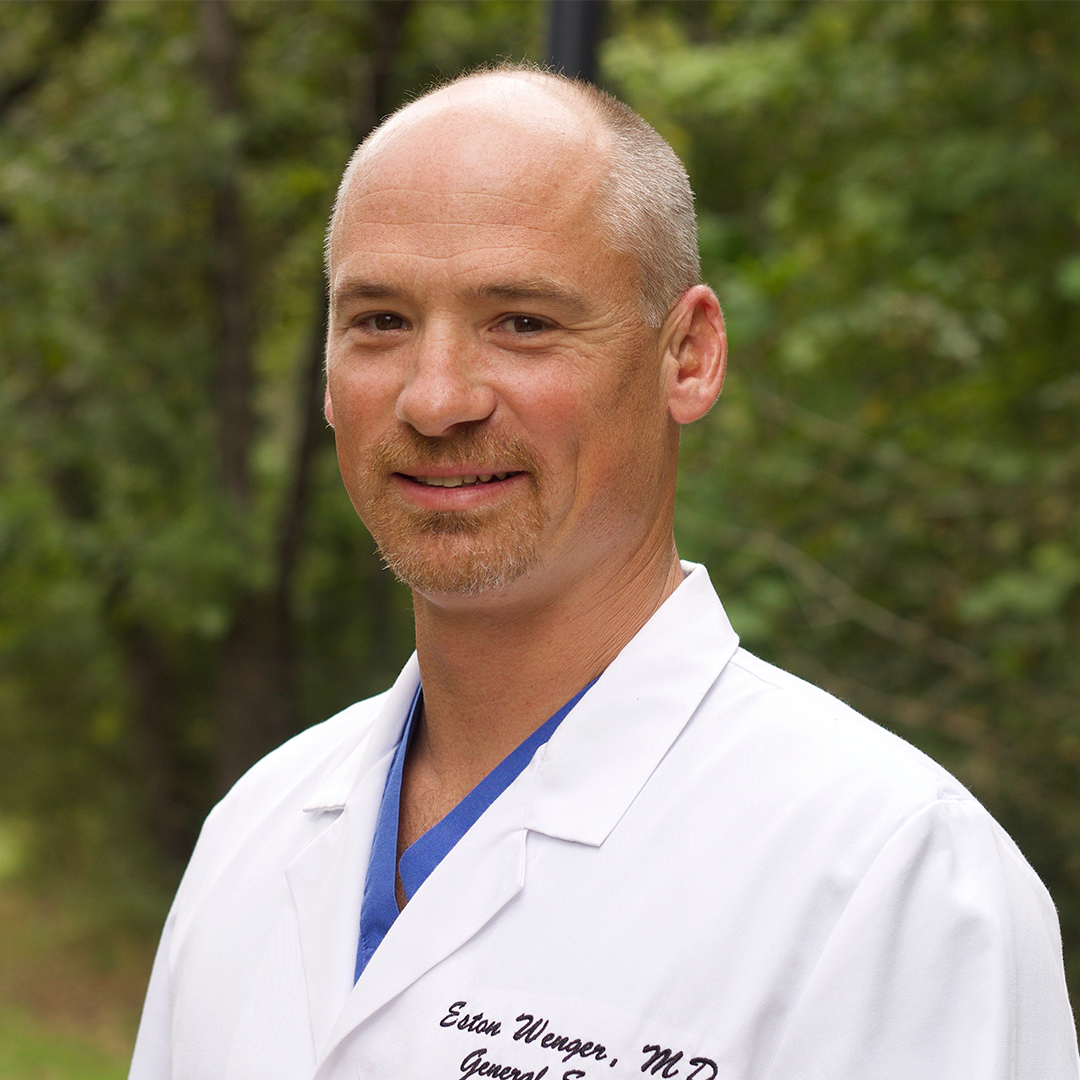
Aug 5, 2021 | From the Desk of Dr. Eston Wenger of Premier Surgical Cleveland
How Do Veins Work?
We all know how important our cardiovascular system is; it literally pumps blood throughout our bodies. Our heart, arteries, capillaries, and veins make up this blood circulatory system which delivers oxygen and nutrients to our cells to provide nourishment, help fight disease, and stabilize our temperature. But what are the specific functions of veins in this system and why is vein health so important to our overall well-being?
As your heart pumps, it pushes oxygen-rich blood through your arteries and into capillaries where that oxygen, along with nutrients, is delivered to tissues and cells. But once the oxygen and nutrients are delivered what happens to the blood? This is where systemic veins come into play.
Systemic veins are comprised of superficial veins, communicating veins, and deep veins. Your superficial veins, which are your smallest veins, are close to your skin’s surface and collect blood from your skin and surrounding tissues which is then moved into your deep veins through the communicating veins. Your deep veins are found deep under the skin and through muscle along bones. Your deep veins utilize a low-pressure system that depends on muscle contractions and a one-way valve to push your oxygen-depleted blood back up, against gravity, to your heart and lungs where it will pick up more oxygen and nutrients. Your systemic veins play a vital role in the circulation of your blood.
Healthy veins keep your blood flowing! But if damage occurs to the one-way valves in your veins or if they weaken, blood can pool in your superficial veins causing spider veins and/or varicose veins. These spider veins and enlarged, twisted varicose veins are unsightly and can cause embarrassment, but they can also become painful and lead to more serious problems like ulcers, and minor bleeding.
Another issue that can arise is Deep Vein Thrombosis, or DVT. DVT occurs when a blot clot forms in one of your deep veins and can be very serious, as it can lead to Pulmonary embolism, a life-threatening condition in which a blood clot moves into the lungs. Some symptoms of DVT are swelling, pain or tenderness, and red or discolored skin. If you are experiencing any of these symptoms, seek help immediately.
You can see how having healthy, properly functioning, pain free veins is vital to your overall health and wellbeing. If you have concerns about your vascular health or the look of your veins, Dr. Eston Wenger can help. Give Dr. Wenger, a call at Premier Surgical Associates of Cleveland, TN, at (423) 472-5423 or click here to request an appointment online.
Schedule an Appointment or Consultation Today!
Comments Policy: We love comments and appreciate the time that readers spend to share ideas and give feedback. However, all comments are manually moderated and those deemed to be spam or solely promotional will be deleted.